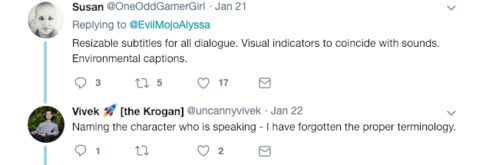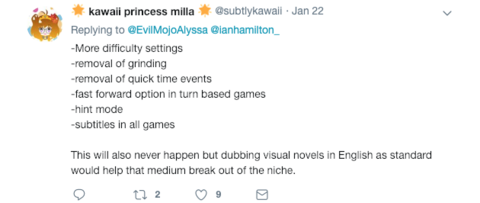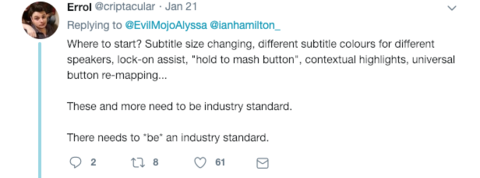Let’s talk about gaming.
For some it is a hobby, for others, it gives them LIFE. Many play competitive sports like Fortnite or NBA 2K while others prefer storylines like Red Dead Redemption or Assassin’s Creed Odyssey. No matter one’s preference, it is a form of entertainment that challenges the player mentally. However, for those living with disabilities, gaming systems are far from perfect and therefore require many changes so it is equally accessible to them.
Microsoft has made massive strides in the promotion of accessibility.
Microsofts trailblazing is noticeable in their offices, and in the products they create for consumers. They have innovated a smartphone app for the blind, accessibility options for electronic devices, and hardware that allows individuals who rely on switches to participate in video games. Recently, the team at Tecla was able to get their hands on an Xbox Adaptive Controller (XAC) to see how it could work in unison with the tecla-e. Although this device is an incredible advancement for accessibility technology, as we started to play with the XAC the team became curious and wanted to get a better idea of what users desire to improve inclusivity in gaming.
So we took the question to Twitter.
Over the past few weeks, an influencer under the name @EvilMojoAlyssa and Tecla asked their Twitter followers what gamers thought needs to improve for gaming to be more accessible. Here are the most common suggestions that the Twitter thread provided. We hope these points can inspire you to find solutions to these problems. If you happen to know of one, please comment below.
Visual Adjustments
Though there have been significant improvements in gaming access, the visual features still could use some work. Optical adjustments were the number one complaint we found online, and the participants in the thread provided some real insight into the details of what they recommend needs to change.
- Subtitles! Television and Netflix have them, so why is it not considered in video games? “Subtitles need to be legible, preferably with additional options for background subtitles and font size.”

- Speed! Say you rely on ability switches to play video games. Using multiple buttons for different controls takes a fast response time. Being able to manipulate the speed (slow down the gameplay) could assist.



Difficulty Settings
Just like the award-winning short film, Corto Ian, the same message applies. When everyone can participate, it’s a happier setting for all involved. In the popular video game Rock Band, they provide different difficulty settings depending on your level of guitar skills. This is an excellent feature because the difficulty is catered only toward you and doesn’t affect the other players. Say I am playing for the first time with a friend who is equivalent to Jimi Hendrix on an Xbox Guitar. With a difficulty selection, we can still compete against each other but at a more even playing field.
The opportunity to choose levels is more inclusive and fun for everyone involved, so why not make difficulty selection mandatory for all games?


Improvement of Industry Standards
We were able to hear from @AbilityPowered in direct messages, and they provided some further insight into their tweet. Besides agreeing with the points above, they elaborated about the lack of industry standards that perfectly describes why they are SO needed:
“I think one of the worst barriers, just from my personal experience, is the lack of industry standard for implementing options and the lack of information about what options a game will have. When a new game comes out, I am usually afraid to invest in the game because I never know if I can actually play. Will it have window mode? Will my Onscreen Keyboard work with it? Will my switch work? There is no way to know.”
Other tweets in the thread suggest setting changes, user movement and more. Check out what Simon, Dominick, and Errol recommend for improving gaming accessibility.



Conclusion
Everyone has different capabilities, insight, and experience with gaming. Therefore we want to note that the tweets included were some of the many responses. Though gaming access is not quite equal yet, Tecla is confident that one day there will be no barriers in this space. We have trust in technology and hope that the leaders in this industry will see this article or hear the suggestions of players to make the changes necessary.

Before shutting down your browser tab, or clicking the home button on your smartphone, we want to encourage you to raise awareness. “This should be an overall bigger topic” so let’s make it one. Tweet, comment, and talk about gaming accessibility with your peers. Let’s work together to make adjustments in gaming and technology to be more accessibility friendly!
** This post was originally published on https://gettecla.com/blogs/news/the-top-3-requests-for-accessible-gaming

